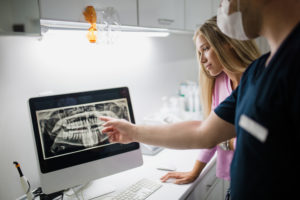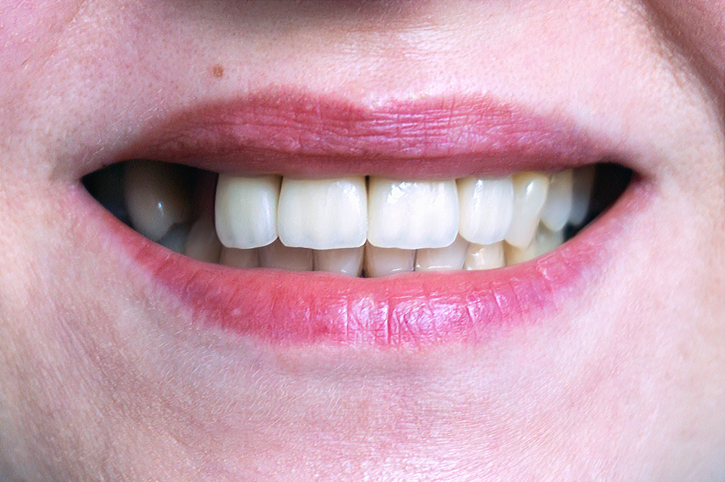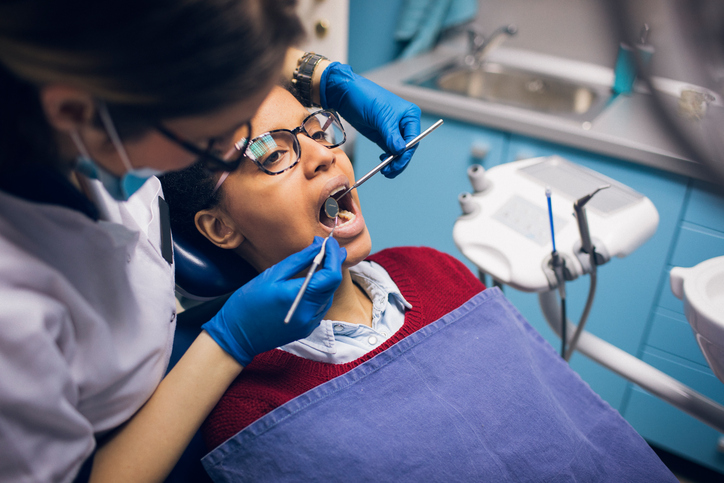
Most people are used to getting x-rays when they see the dentist, but digital x-rays are not your grandparents’ imaging. When using digital x-rays, your dentist can get a clearer picture of what is happening in your mouth instantly, without waiting for photos to develop. They will also know right away if an image is not clear, so that it can be taken again immediately. With traditional x-rays, dentists don’t know if their pictures are adequate until after they have been developed. Still, myths about digital x-rays make some patients wary. Here is the truth behind some of these common misconceptions.
Myth: Digital x-rays are more uncomfortable than traditional x-rays.
The process of getting digital x-rays performed is virtually identical to the process you’re used to with traditional x-rays, except that you will be able to see the images pop up on a screen immediately. The sensor used in the mouth for digital x-rays is thinner and smaller than the one used for traditional x-rays, and it has rounded edges. If you notice any difference, it may actually be that you find digital x-rays to be more comfortable.
Myth: Digital x-rays produce lower quality images than film x-rays.
Dentists have adopted digital x-rays because they produce better images, not worse ones. Through digital imaging, dentists can zoom in on problem areas and enhance different parts of an image for a better view of different parts of your mouth. This means digital x-rays are significantly more useful for your dentist than film.
Myth: Digital x-rays are more expensive for me.
For dentists, digital x-rays save money, since they don’t need to lose treatment time to the developing process, nor do they have to spend money on a dark room and chemicals for developing film. This savings is something that patients get to enjoy as well. Although every insurance plan is different, there is no reason to think that digital x-rays are priced at a premium.
At University Associates in Dentistry, we are committed to harnessing the very latest technologies to improve care with everything from general dentistry to dental implants. To learn more about our dentists in Chicago, call (312) 704-5511.





